Netherlands Travel - Utrecht Province
The province of Utrecht, which takes its name from the capital city, is one of the most populous regions of the Netherlands. For much of its history, the province was the scene of intense conflict. Nonetheless, there are numerous historical monuments, museums, and castles in the capital city and the surrounding areas. Despite being the fourth largest city in the Netherlands, this capital and university town conceals its size behind a warm heart that makes you feel at home right away. Layers of ultramodern new developments radiate forth from the cozy medieval center. A cobbled street with cozy cafes, little boutiques, and Domkerk, the city’s main medieval cathedral, with its monumental Domtoren (Dom Tower) is just a short distance from a gleaming department store made of steel and glass. Around every corner, you will find a fascinating restaurant, an eccentric museum, an art gallery, a peaceful church, or a picturesque canal vista. Because of its special combination, Utrecht has a distinct charm.
So through this series of articles, I intend to share our stories and experiences of traveling across the Utrecht province of the Netherlands with our fellow photography and travel enthusiasts. I hope they help you plan your travels across this beautiful province!
If Gregory Peck got lost trying to find the bathroom just next to his bedroom on his first visit to Kasteel de Haar in 1960, you know there must be something special about this castle. To be honest, most apartments in central Amsterdam are smaller than the average bathroom in this medieval castle. And with ornate furnishings across the rooms, corridors, and bathrooms, it’s easy to imagine that it may have been quite tedious for him to find the switch of the light, especially in the dark!
While it's well known that Amsterdam, the lively capital city filled with canals and coffee shops, is frequently the first (and, let's face it, sometimes the only) stop for tourists in the Netherlands, there are a plethora of other, less-visited locations throughout the nation that are equally as worthwhile. Travelers will be surprised by how diversified the Netherlands' landscapes are for such a small nation.
Summers in the Netherlands can be a genuine celebration with the sun, sea, beach, festivals, music, overnight stays, lovely pavement cafés, delectable food, and fine wine! The longest day of the year, or the Summer Solstice, which occurs on June 21, marks the beginning of summer, according to the astronomical calendar. June, July, and August are regarded as the summer months by meteorologists. As a result of its maritime climate, which is influenced by the North Sea and the Atlantic Ocean, the Netherlands experiences a variety of weather conditions throughout the summer, including a few hot days with temperatures considerably over the 25-degree threshold.
Durga Puja, also known by the names Durgotsava or Sharodotsava, is a major annual ten-day Hindu festival that is celebrated in the Indian states of West Bengal, Bihar, Assam, Odisha, Tripura, and the nation of Bangladesh during the month of Ashwin on the Indian calendar (which falls between September and October on the Gregorian calendar), to commemorate the victory of the Hindu Goddess Durga (who is regarded as ‘Adi Shakti,’ the primordial cosmic energy) against the shape-shifting demon Mahishasura after a ten-day war.
Since before the advent of Christ, the Dutch have been associated with cheese. Researchers have uncovered pieces of cheese-making machinery that date back to 200 BC. Due to the Netherlands' lush environment, which was ideal for cattle rearing, cheese-making had become an integral part of Dutch culture by the Middle Ages. Markets for cheese grew briskly, and communities with weighing privileges were able to construct ‘Weigh Houses’ and enjoyed unique status.
The Dutch Dunes are ever-changing landscapes as a result of the water and the wind's ongoing effect, extending for hundreds of miles and comprising lakes, woods, and hills that contribute significantly to the Dutch environment. The dunes are home to a diverse array of wild flora and fauna. The dunes provide an essential barrier against the occasionally untamed and rising North Sea because nearly a third of the nation is below sea level. In addition to storm surge protection, these exceptional habitats can deliver a number of amazing experiences right from swimming in the natural freshwater lakes, to a peaceful trek appreciating wildflowers and unusual fauna to biking across rolling hills and conquering windswept vantage points that give breathtaking views in a flat country like the Netherlands.
Spring is undoubtedly the most fascinating season in the Netherlands and therefore, the best time for tourists to visit this beautiful country. After dull, grey, and cold winter months, as the sun starts peeping through the clouds, the sky turns blue and the days get longer and warmer, you know spring is in the air. And during these spring months of mid-March to mid-May, being the largest exporter of flowers globally, the whole country transforms into a vast ocean of flowers. It starts with cherry blossoms, crocuses, daffodils, and hyacinths between mid-March and mid-April, followed by the famous tulips between mid-April and mid-May. This makes it a great time to explore the Dutch countryside.
The National Military Museum at Soest, in the Dutch province of Utrecht, is a defense museum with the largest military collection in the Netherlands. Stichting Koninklijke Defensiemusea (Royal Defense Museums Foundation) oversees it along with the Marine Museum in Den Helder, the Military Police Museum in Buren, and the Marine Museum in Rotterdam. From flying an F-16, driving a tank, or picking up some NATO lingo, the National Military Museum offers a variety of activities for both children and adults.
I've always been intrigued by the fascinating season of autumn. To me, autumn is a grand manifestation of the ultimate reality on earth that one day everything has to perish just to be reborn again. And as the tree leaves turn into vibrant shades of orange, yellow, and red, one last time before they return to Mother Nature, the mushrooms start emerging, chestnuts lay all around, and soft rays of the sun kiss your face as you take a leisurely walk on the rustling dry leaves, autumn shows us that the end can also be beautiful. And during this beautiful season in the Netherlands, what are the things you can see and do? That's precisely what I'm going to tell you today. So let's begin!
Did you know there is a ‘Pyramid’ in the Netherlands? And that too, the only pyramid in the world with an obelisk on top of it? If not, then you ought to visit this place. It’s located in Austerlitz, a small village in the municipality of Woudenberg, in the Dutch province of Utrecht. So with no further delay, let me share with you the intriguing story of ‘De Pyramide van Austerlitz.’
Being Dutch citizens ourselves living in the Netherlands for many years, and having traveled to 100+ cities, towns, and villages across all 12 provinces of the country, we’ve discovered many hidden treasures that are not featured in any travel brochures or websites, and many of our Dutch friends aren’t even aware of them, making them perfect for crowd-weary travelers.
Being Dutch citizens ourselves living in the Netherlands for many years, and having traveled to 100+ cities, towns, and villages across all 12 provinces of the country, discovering many hidden treasures on the way that are not featured in any travel brochures or websites, I can safely proclaim that we’ve seen this country more than many of the locals.

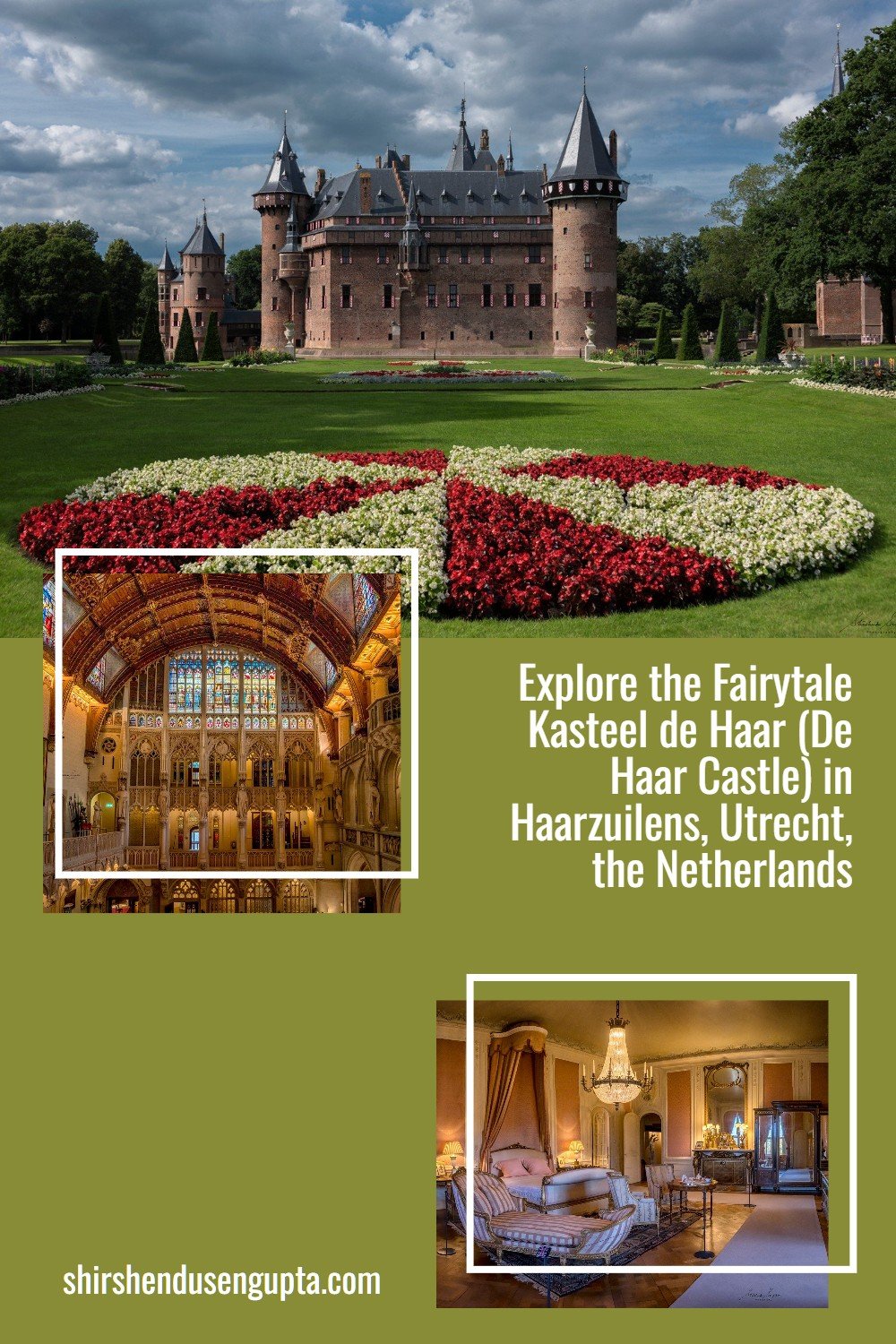
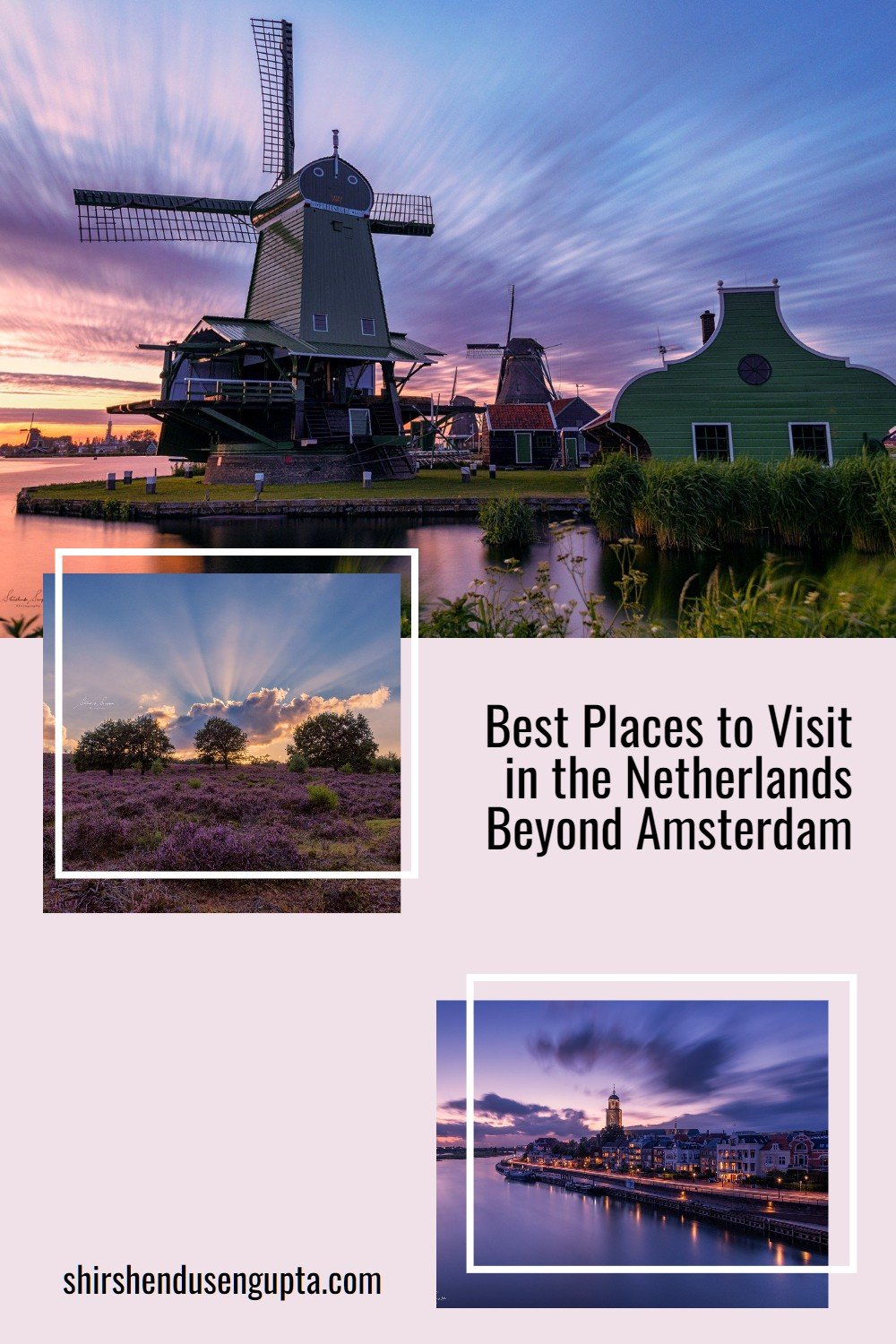
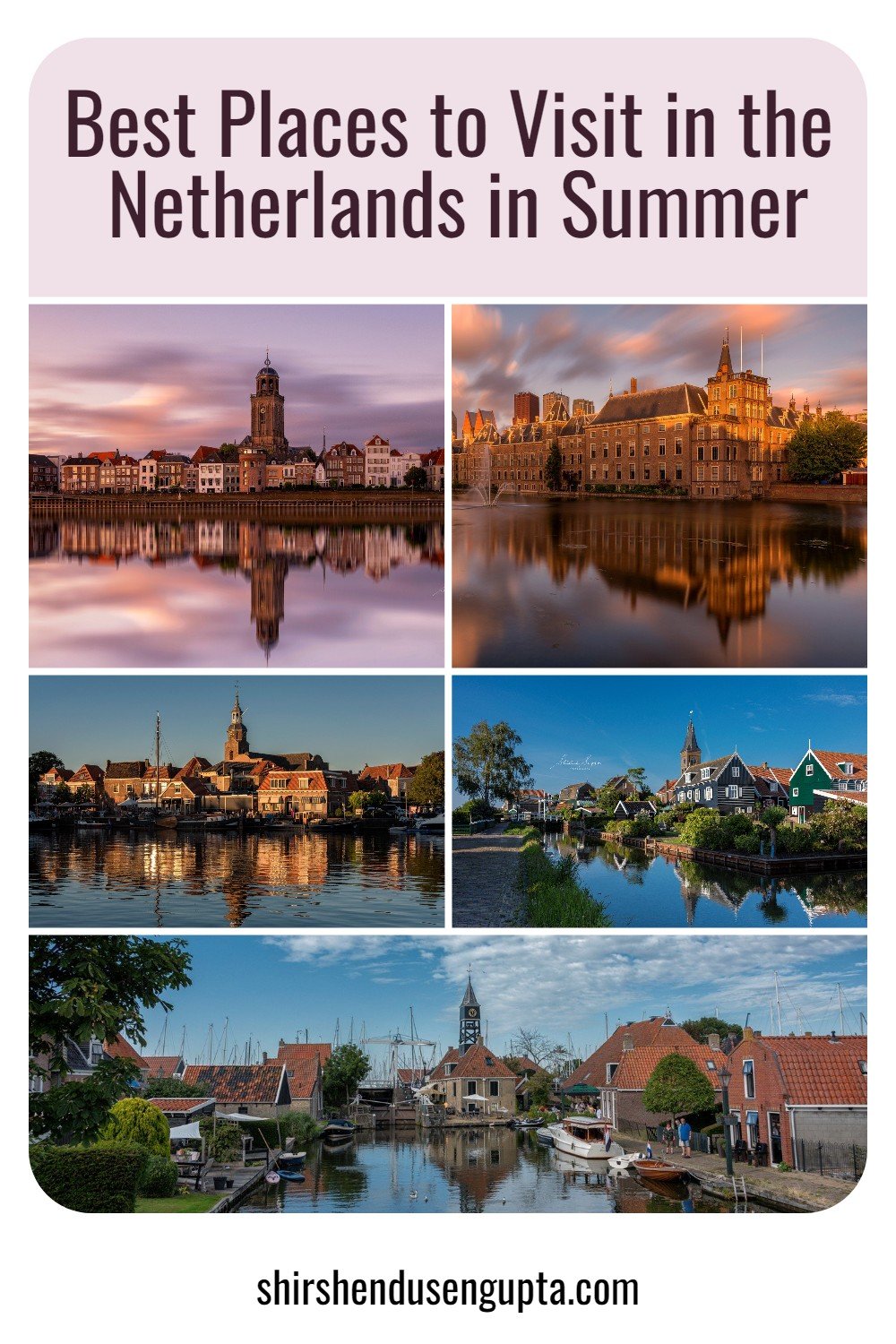
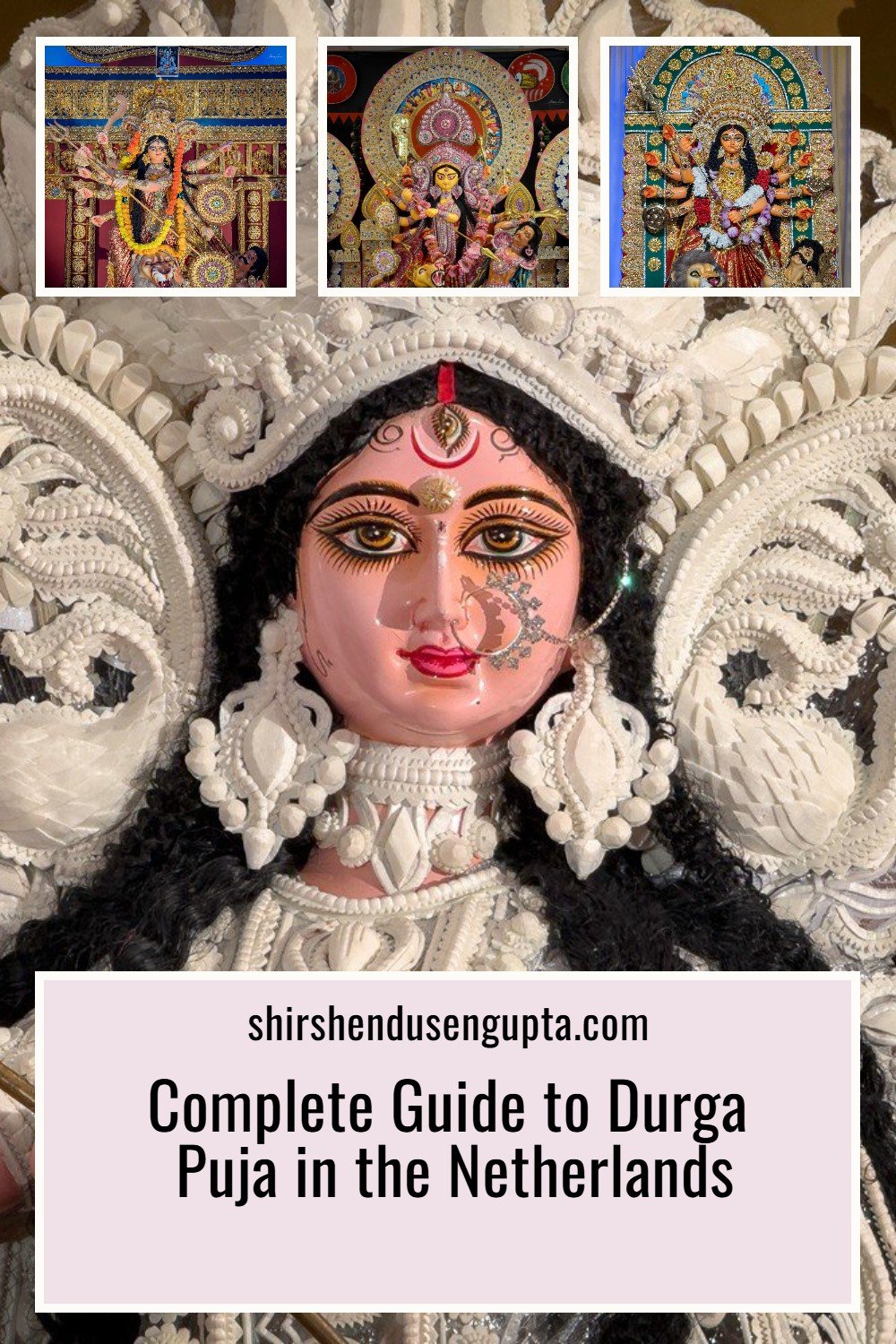
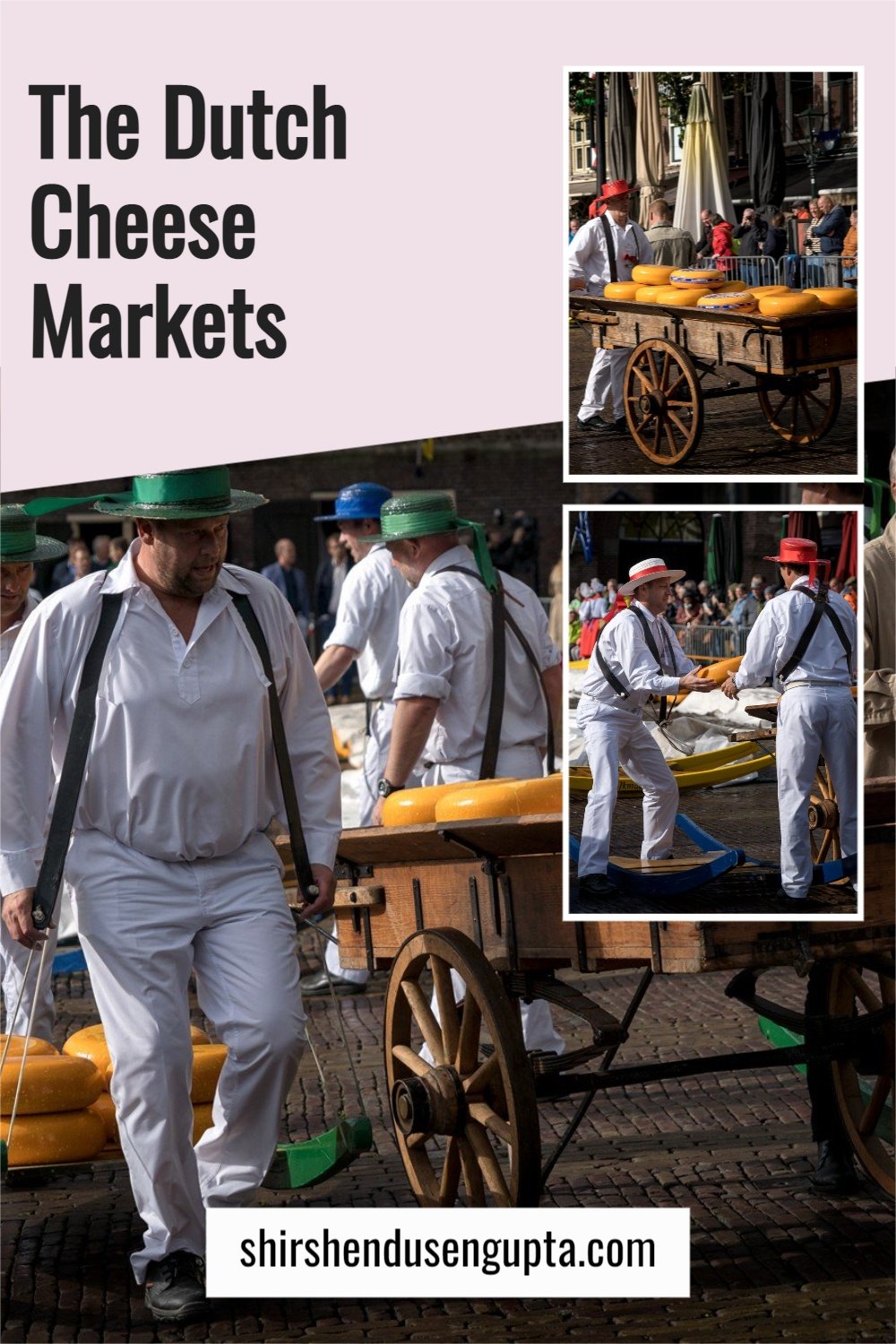
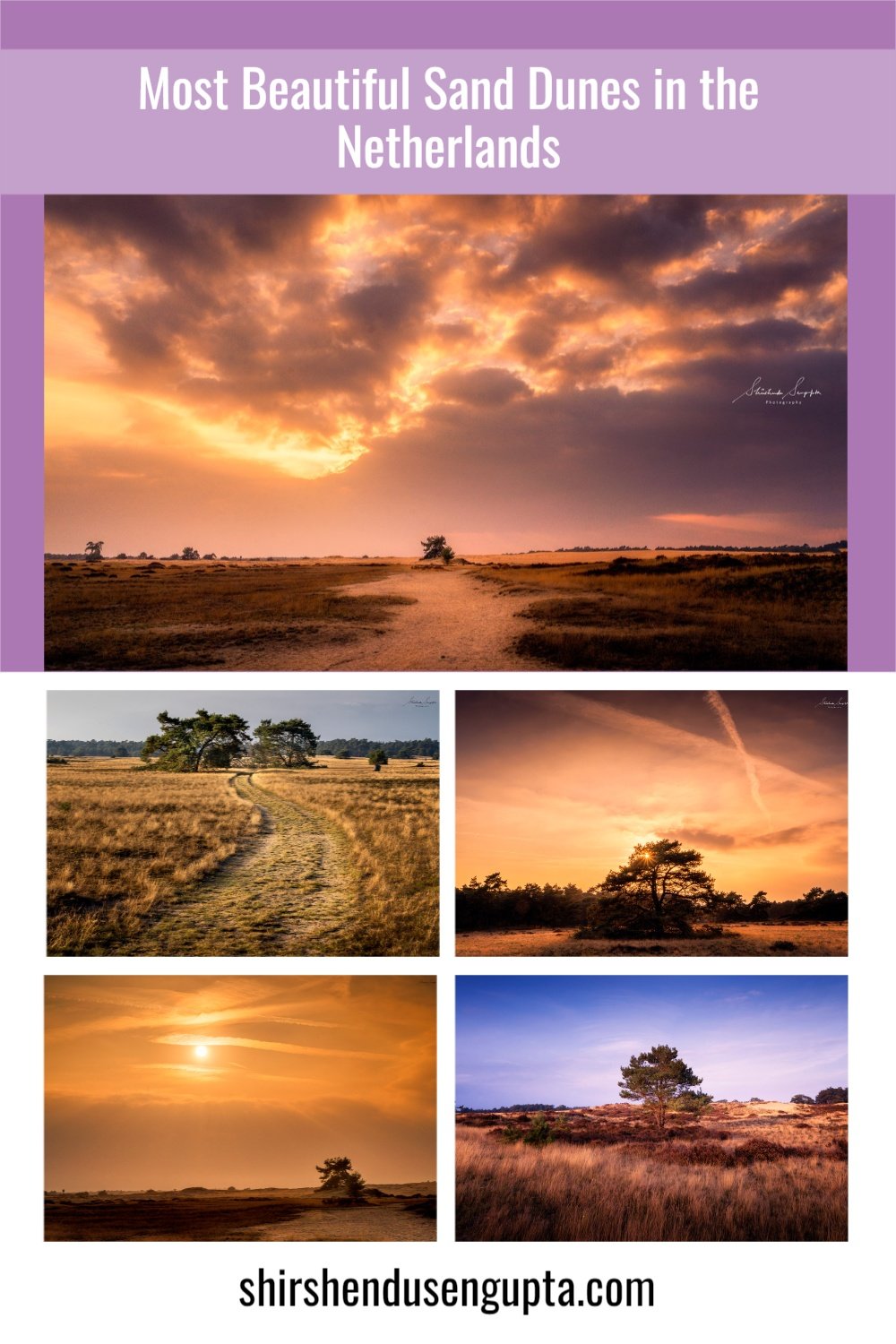
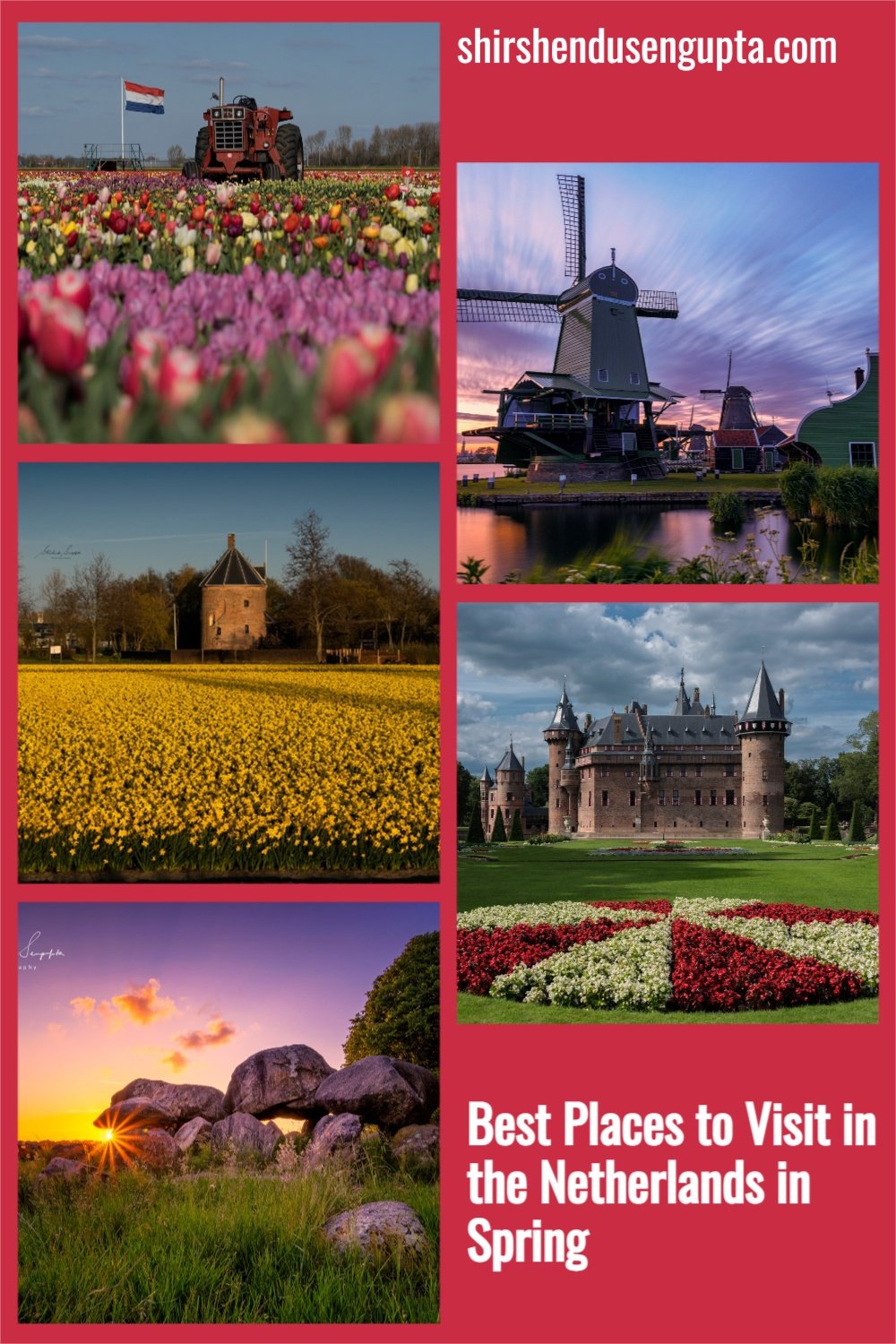

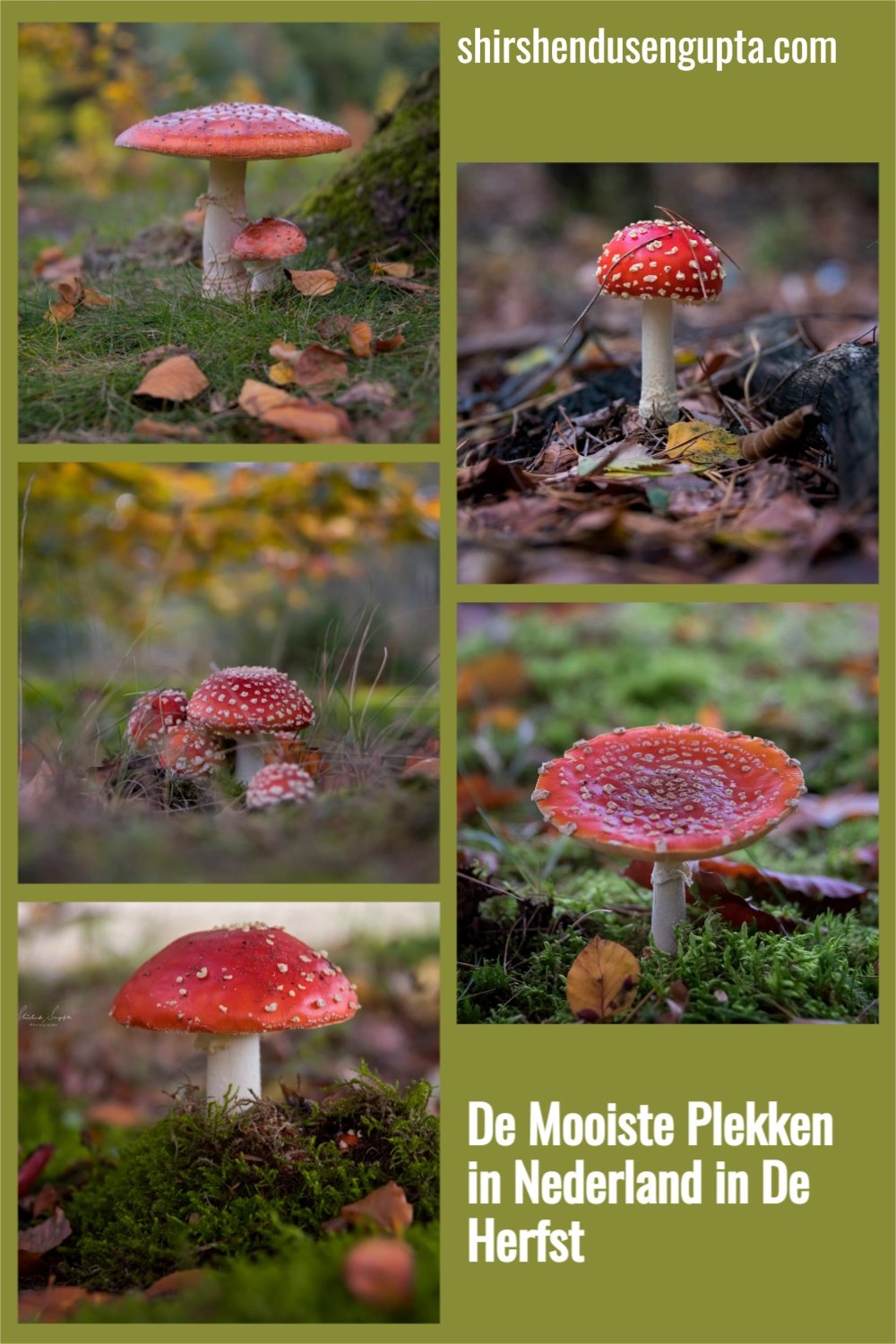
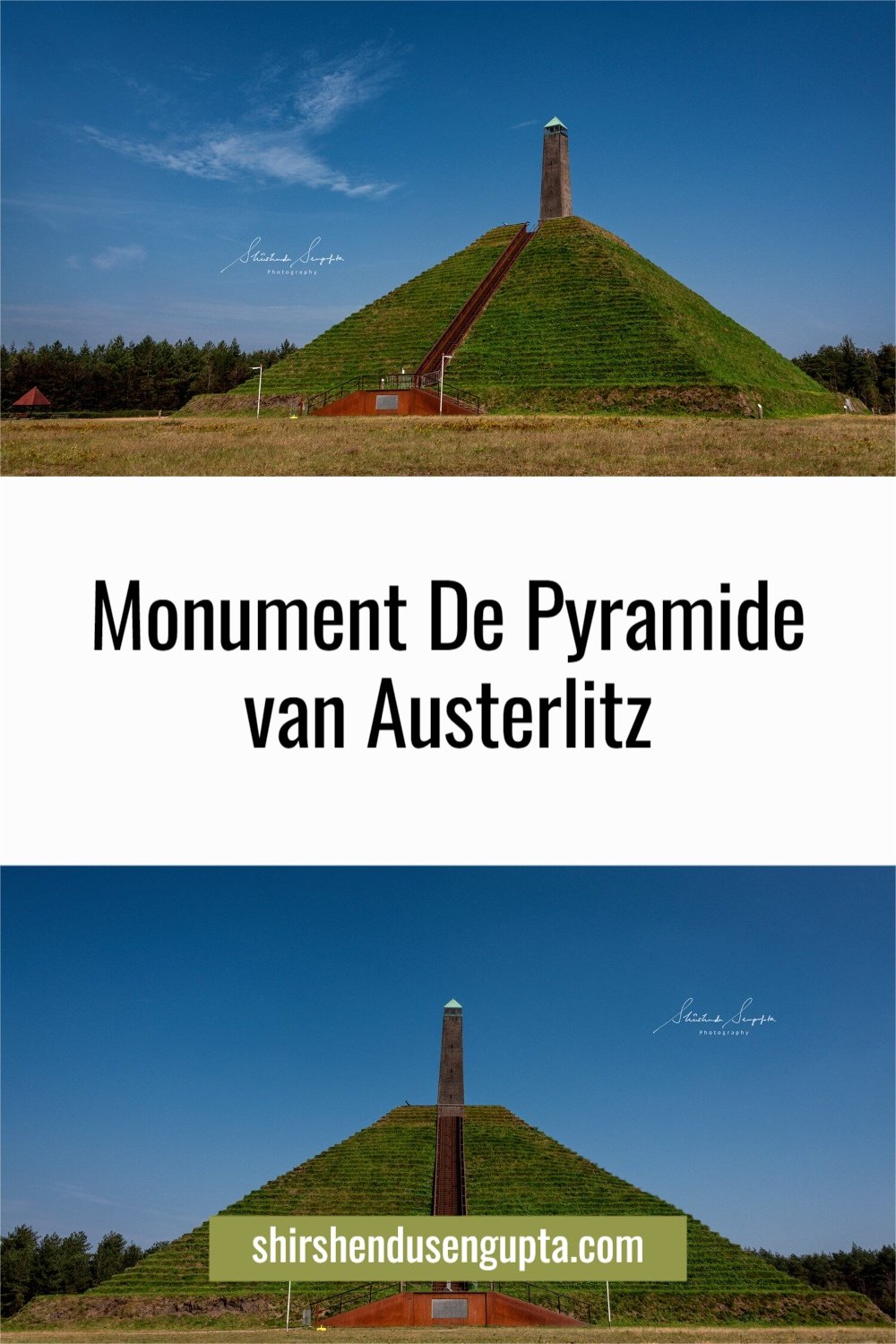
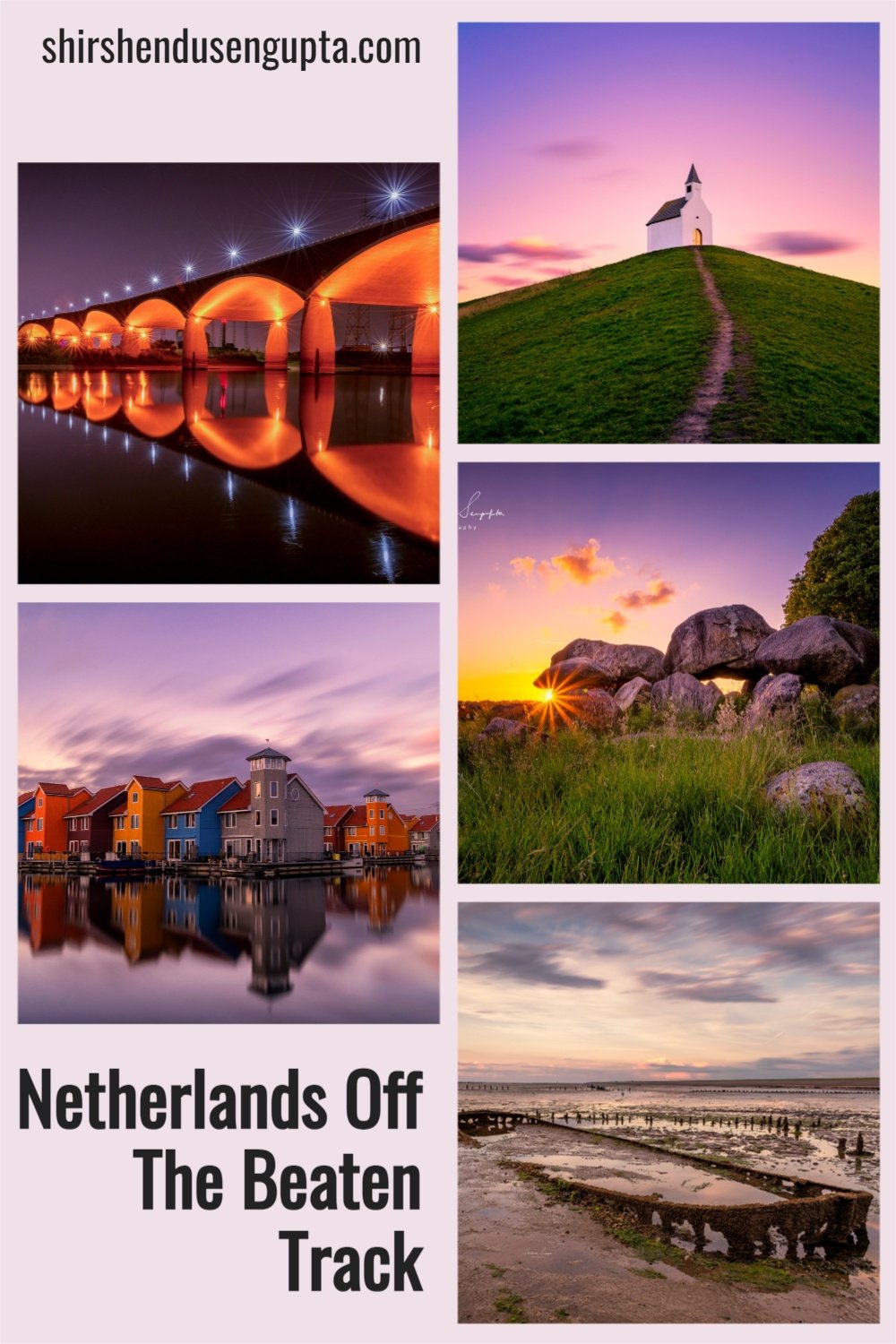
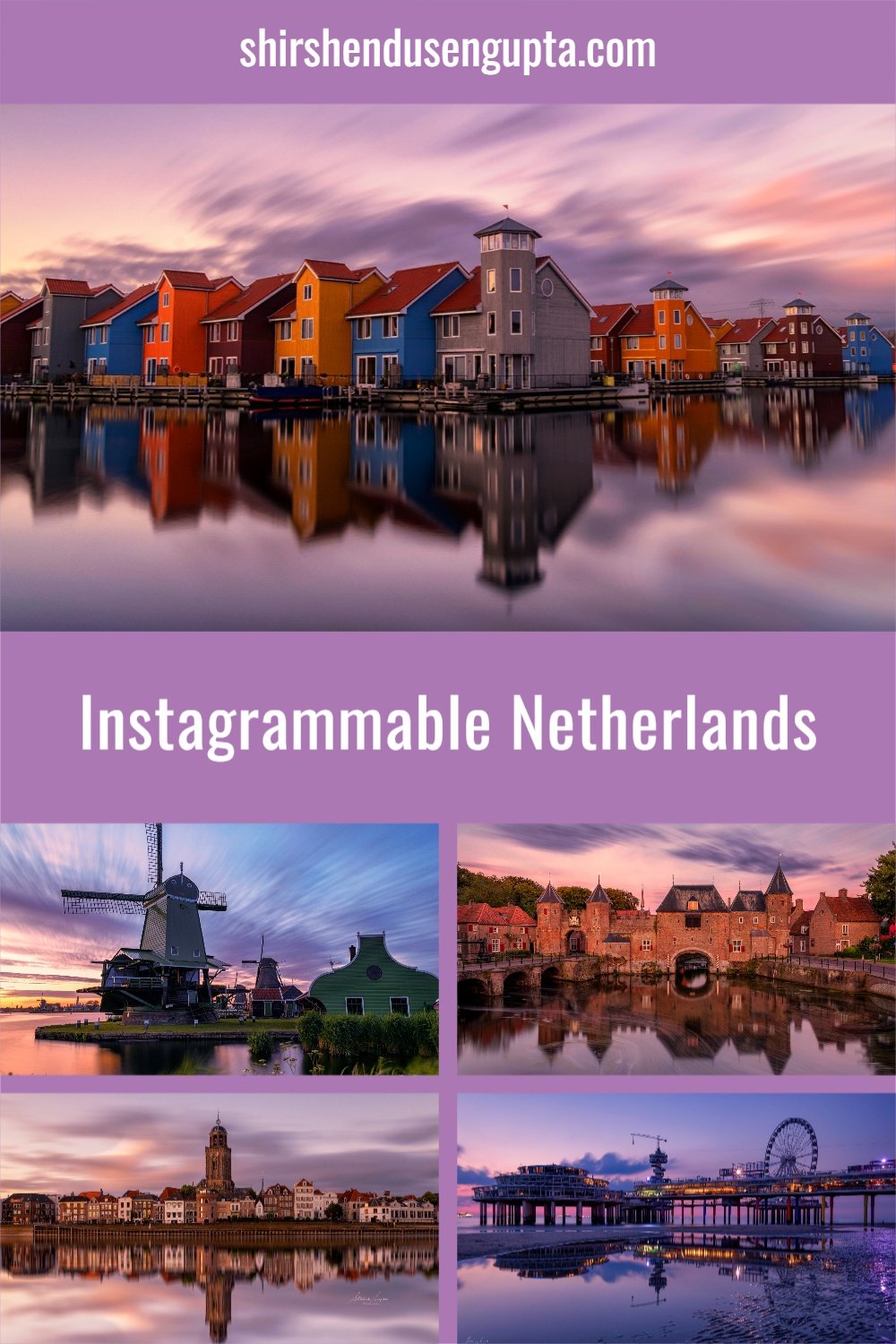
A vast ocean of endless tulip fields, medieval windmills, charming canals, modern bicycle lanes, and postcard-perfect countryside - these are the images that appear in our minds when we think of the Netherlands. However, we tend to forget that the Netherlands also has its fair share of castles and palaces thanks to the royal families and nobilities who shaped the rich history of the country over the ages. Many of these were built during the medieval times either as defensive structures or luxury residences. Over the years, the purpose of these castles and palaces has changed, and today, they’ve turned into government offices, museums, and tourist attractions, where visitors come to admire the architecture, art collections, and gardens.